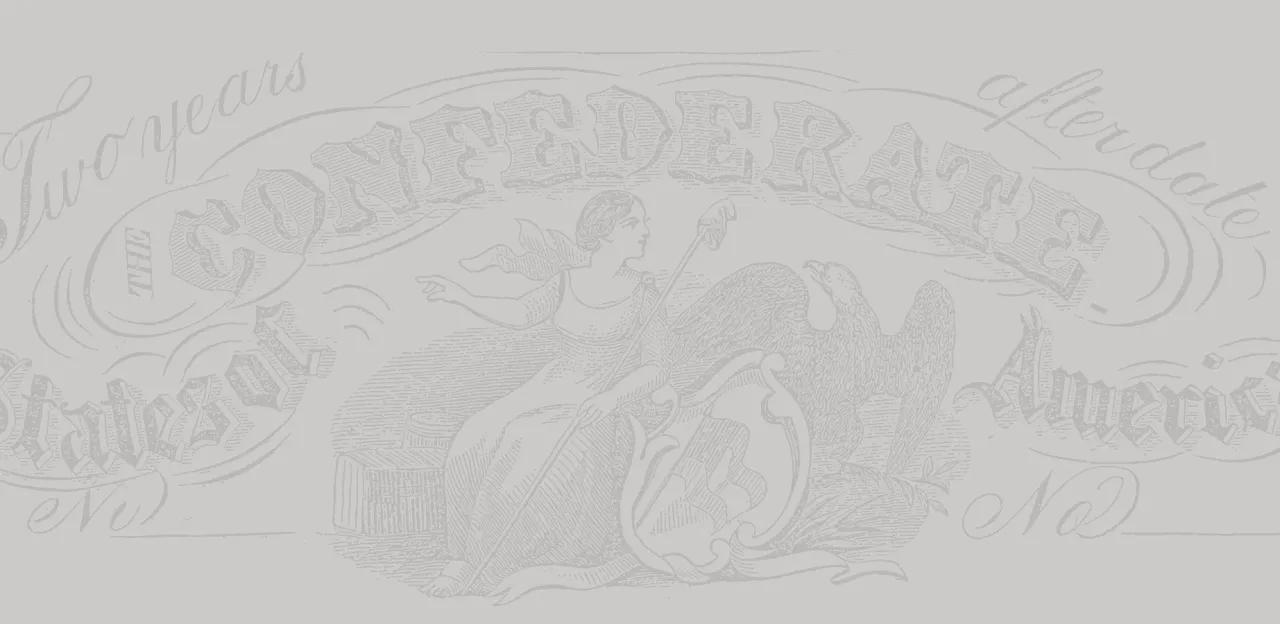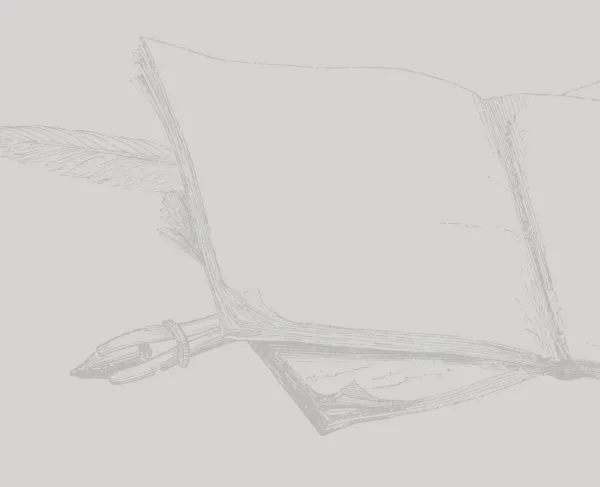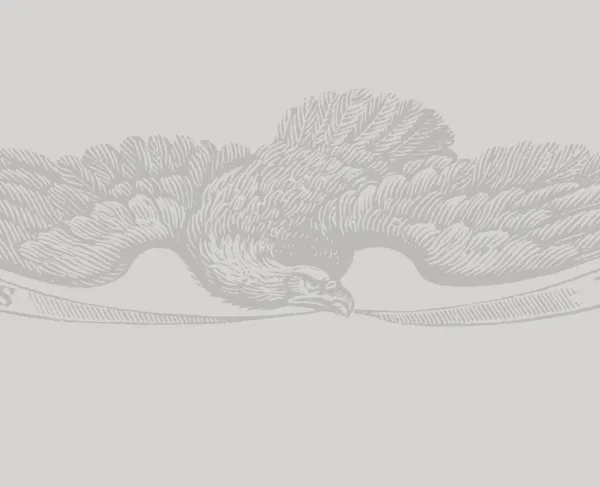Andrews' Raid: “Who Had Taken the Engine Off?”

In April 1862, a small group of Union volunteers and two civilians crossed into Georgia in an effort to damage Confederate communications and transportation networks which became known as Andrews' Raid or The Great Locomotive Chase. The following report published by the Macon Daily Telegraph based on details they received from the Atlanta Intelligencer.
Macon Daily Telegraph: Wednesday Morning, April 16, 1862
From the Atlanta Intelligencer.
Lincoln Spies, Thieves, and Bridge Burners
On Saturday morning last, we were startled by intelligence telegraphed here from Marietta that the engine, with three cars attached to the mail train, from this place to Chattanooga, had been detached therefrom, while the conductor, engineer and train handa [handler ?] were breakfasting at Big Shanty, and had been steamed up the road by unknown parties. Prompt measures were at once taken to pursue the robbers. Mr. L. Kendrick who, as soon as it was ascertained that the engine was in possession of thieves, rode with speed to Marrietta and from there telegraphed the fact to this place. Major Rowland, Mr. Walker, and the Master of Transportation, immediately directed Mr. Kendrick to take an engine and such armed force as he could get, and proceed at once in pursuit. This was done. But as our readers will be interested in a detailed account of this extraordinary and most audacious attempt of LINCOLN’s SPIES [all caps in original document] to rob, burn, and destroy the State Road, we give below the statement of Mr. Fuller, the conductor of the train from which the engine and three cars were detached by Lincoln hirelings.
MR. W. A. FULLER’S STATEMENT.
On Saturday morning, I left at 4 o'clock with the train and reached “Camp McDonald” (“Big Shanty”) at regular train time. While at breakfast, I heard the engine “Exhaust” very rapidly and suddenly. I immediate [immediately] rose up and stated to Mr. A. Murphy, who is Boss of the State Road Shop, but who happened to be a passenger that morning, and Mr. Jeff Cain, my engineer, that something was wrong with the engine. We three hastened out; and much to our surprise, discovered that the engine with three cars were out of sight. I at once suggested to Messrs. Murphy and Cain the propriety of following the engine to Chattanooga, if no other way, on foot, and pursue till we overtook and captured the unknown thieves. But when I first got out, I enquired of a guard who was on the platform “who had taken the engine off?”
He replied that “he did not know him,” but that “he was a tall, black bearded man wearing a military black overcoat, with a large cape.” On foot, then, in double quick time, we started in pursuit. I was the first to reach Moon’s Station, some two and a half miles from “Big Shanty.” There I found a hand car and returned a short distance to take in my companions, Messrs. Murphy and Cain, and we then, with a few men, whom we got at Moon’s Station to push the car along, pursued on to within a half mile of Acworth. At this point, we found some forty or fifty cross ties laid on the track of the Road, to obstruct pursuit, and the telegraphic wires torn down some quarter of a mile. It took us some time to remove these obstructions. When we got to Acworth we took another hand car and some ten men, all armed, as well as ourselves, and pursued on till within a mile and a half of Etowah, where we were again impeded by the track being torn up in a short curve, by which we were thrown into the ditch. Having extricated ourselves from this difficulty, we proceeded on to Etowah, where we took Major Cooper’s engine, which was cheerfully delivered to, and run by its engineer for is, to Kingston. We also took on at Etowah a coal car for the purpose of carrying our men, who then had increased to about twenty, mostly citizens. When we arrived at Kingston, we found that the thieves had passed some twenty-five minutes ahead of us. We were there told that they stated that they had been pressed to carry powder and ammunition to Beauregard – that Fuller and the regular mail train was behind and would be on directly. This, they did, to get the switch keys; and so plausible were their statements, that they the agent at Kingston. At Kingston we changed engines – taking the Rome engine, which was already fired up, and which was kindly offered to us by Mr. Smith, the conductor. We pursued on then till within four miles of Adairsville, where the track was again torn up, and cross ties placed upon it. Mr. Murphy and myself then took it afoot, at double quick, till we met the down Express train one and a half miles this tide of Adairsville. This train we stopped and turned back to Adairsville, where we switched off the cars and took the engine alone, Mr. Bracken, its engineer, running it. – In this way, we still continued the pursuit, after having to stop to remove the obstructions of cross ties, &c., that the thieves had put at intervals, on the shortest curves in our way.
We reached Calhoun, where they had left about five minutes by our arrival there, and when about a mile and a half from that station we came in sight of them, where they had detached their hindmost car, and left it as an obstruction to our pursuit, till we came to within a mile of Resaca, where they had detached another car. This we also coupled on ahead and continued thus in pursuit till we reached Resaca, where we switched the two cars off, and without delay still continued the pursuit. In the meantime, it seems that they had loaded the third car which they had with cross-ties, and punching out the hindmost end of it, they dropped at intervals, as before, the cross-ties upon the track. These obstructions delayed us a little,, but were soon removed. – Beyond Dalton, about three miles, opposite Col. Glenn’s camp, the obstructions of these cross-ties were greater, the thieves having stopped there and piled them upon the track. There we were detained some three minutes removing them. Reaching this end of the Tunnel, we again came in sight of them, as they passed the village on the other side. – About two and a half miles on the other side of Ringgold we say the engine we were pursuing apparently fagging [tiring]. We soon came within half a mile of them, and apprehensive they might turn their engine back to come into collision with us, we approached cautiously, satisfied that they could not then escape us. This they did, but their steam being exhausted almost the scheme did not succeed. Here the rascals jumped off an took to the woods. We all got off, took after them, and pursued them to the Chickamauga about two miles off, where they crossed a ferry. Our party here divided, to capture them, should they take to the mountains, or take up the river. In the meantime we had the railroad bridges and the railroad guarded, so that they could not escape that way.
Mr. Fuller here states that being exhausted he could pursue no further. The pursuing party it is reported have captured eight of the rascals.
From Big Shanty, we learn, Mr. Kendrick and Col. Charles Phillips took the engine ordered up from this place to pursue the thieves. The Colonel took with him twenty men well armed. The last heard of the colonel and his men, he was on the track of five of the thieves who had ordered their breakfast at a home about five miles from Ringgold in the mountains. A runner on a mule gave this information to the Colonel, who immediately took horses and went in ho pursuit of them.
Major Rowland informs us that he saw three of the men captured and Ringgold. They confess to having belonged to Lincoln’s army, and were attached to an Ohio Regiment – that they had been sent to spy out the land, and to burn our bridges. These three are lodged in the Dalton jail, which is guarded.
Major Rowland and Dr. Phillips, also took an engine at Dalton, and pursued the fleeing scoundrels – the last named gentleman, though in feeble health, we learn, displayed great energy in pursuit of the robbers.
Mr. Fuller also states that he is satisfied the leader of this audacious band got on the train in Atlanta. That when he reached Marrietta the same fellow paid the fare of four others to Big Shanty.
Doubtless these fellows have been up and down the road often, and had acquired and intimate knowledge here and elsewhere all of if its operations.
Just before going to press we learn that four of the rascals were captured beyond the Tennessee line, by Col. Phillips and his party, and now have been brought to Marietta and are now lodged in the jail there.
Two more were arrested at Camp McDonald; and it is reported that two others have also been caught.
The captured scoundrels have made “a clean breast of it.” Twenty-three in number compose the band. The leader, or captain, as they term their chief, has not yet been caught. – Their mission, as we stated above, was to spy out the land to burn and destroy especially the bridges if the State Road
A more daring act than this, we have never been called upon to record. That the parties who committed it, were emissaries and spies of Lincoln, is admitted by those who have been captured. We have all along believed that Atlanta had been, and is still being visited by disloyal men, spies, and emissaries of our foes. We have warned out people of this; we have appealed to the authorities to look into this matter; we have advocated Martial Law to ensure our safety, and detect the rascals, as well as to rid our community of other evils. We have been taunted in our efforts, with a desire to interfere with the privileges of our merchants, as though Martial Law would necessarily do this. We now again repeat, that in our judgment, Martial Law is necessary for the security of both person and property in Atlanta. We confidently believe that our city has been and is daily being visited by spies and emissaries of the Lincoln government – that they public property here is endangered – and as a consequence private property will share its fate. – But to this subject we shall again refer.
Source:
The Macon Telegraph, Wednesday, April 16, 1862, Page 1: "Lincoln Spies, Thieves and Bridge Burners." Accessed through Newspapers.com.

